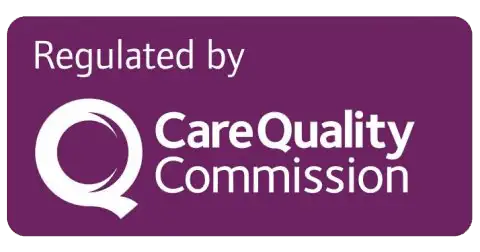Understanding Addiction and Recovery
Watching a loved one struggle with addiction can be overwhelming and heart-breaking. However, when they take the brave step toward sobriety, family support becomes more important than ever. Recovery is not just about stopping substance use; it’s a lifelong journey of healing, growth and rebuilding relationships.
Families play a big part in helping your loved one stay sober. Learning about addiction, talking openly, and setting limits in a healthy way can really help them on their path to getting better. This guide will provide practical advice on how to best support a family member in addiction recovery.

Educate Yourself About Addiction
One of the best ways to support a loved one in recovery is by understanding addiction as a disease rather than a moral failing. Addiction changes brain chemistry, making it incredibly difficult for people to stop using substances without professional help.
Learn about the physical, emotional and psychological sides of addiction by diving into trustworthy sources, attending support groups, or speaking to professionals. The more you know, the better you can lend a helping hand in the right way.
Encourage Open and Honest Communication
Recovery is often accompanied by feelings of shame, guilt and fear. Building a secure and accepting atmosphere where open conversation is welcome can make your loved one feel less alone. Urge them to talk openly about the challenges they’re facing, the things that trigger those challenges and the progress they’re making.
Avoid blame or criticism, as this can lead to defensiveness or isolation. Instead, use “I” statements to express your concerns and emotions, such as, “I feel worried when I see you struggling.” This approach fosters understanding rather than conflict.
Set Healthy Boundaries
Supporting someone in recovery does not mean tolerating harmful behaviours. Setting healthy boundaries is essential for both your well-being and theirs. Establish clear expectations about acceptable behaviour and stick to them.
Boundaries might include:
-
- No substance use in the home.
- No financial support that could contribute to relapse.
- Valuing each other’s personal space and privacy.
- Looking for honesty and taking responsibility.
Being firm with these boundaries shows love and respect while also promoting responsibility in recovery.
Encourage Professional Support and Aftercare
Recovery is not a journey that should be taken alone. Encourage your loved one to engage in professional support services, such as therapists, counselling or support groups like Alcoholics Anonymous (AA) or Narcotics Anonymous (NA).
At The Wellbourne Clinic we provide continued care even after the initial treatment, including therapy and plans to prevent relapse, to help with long-term success. It can also be beneficial for the family to join in on therapy sessions to build trust again and enhance communication.
Be Patient and Understanding
Recovery is a process with ups and downs. Relapse can sometimes occur, but it does not mean failure. Instead of reacting with frustration or disappointment, try to understand what led to the relapse and how to support them in getting back on track.
Acknowledge every achievement, even the little ones, and appreciate how hard it is to stay clean. Offering support and positive feedback can make a huge difference in helping your loved one stay dedicated to their path to recovery.
Take Care of Yourself
Supporting someone through recovery can be emotionally draining. It is essential to take care of your own mental and physical well-being. Seek support from friends, family or maybe talk to a professional therapist. You might also find it helpful to join support groups like Al-Anon, which offers advice and a sense of community for people whose loved ones are in recovery.
Practicing self-care through activities like exercise, meditation or hobbies can help you maintain your own balance and resilience.
Final Thoughts
Supporting a loved one through sobriety is a challenging but rewarding journey. By educating yourself, fostering open communication, setting healthy boundaries and encouraging professional help, you can play a vital role in their recovery.
At The Wellbourne Clinic, we understand that addiction affects not just the individual but the entire family. Our team is committed to helping both those in recovery and the people who love them. Together, we can build a path toward lasting recovery.









